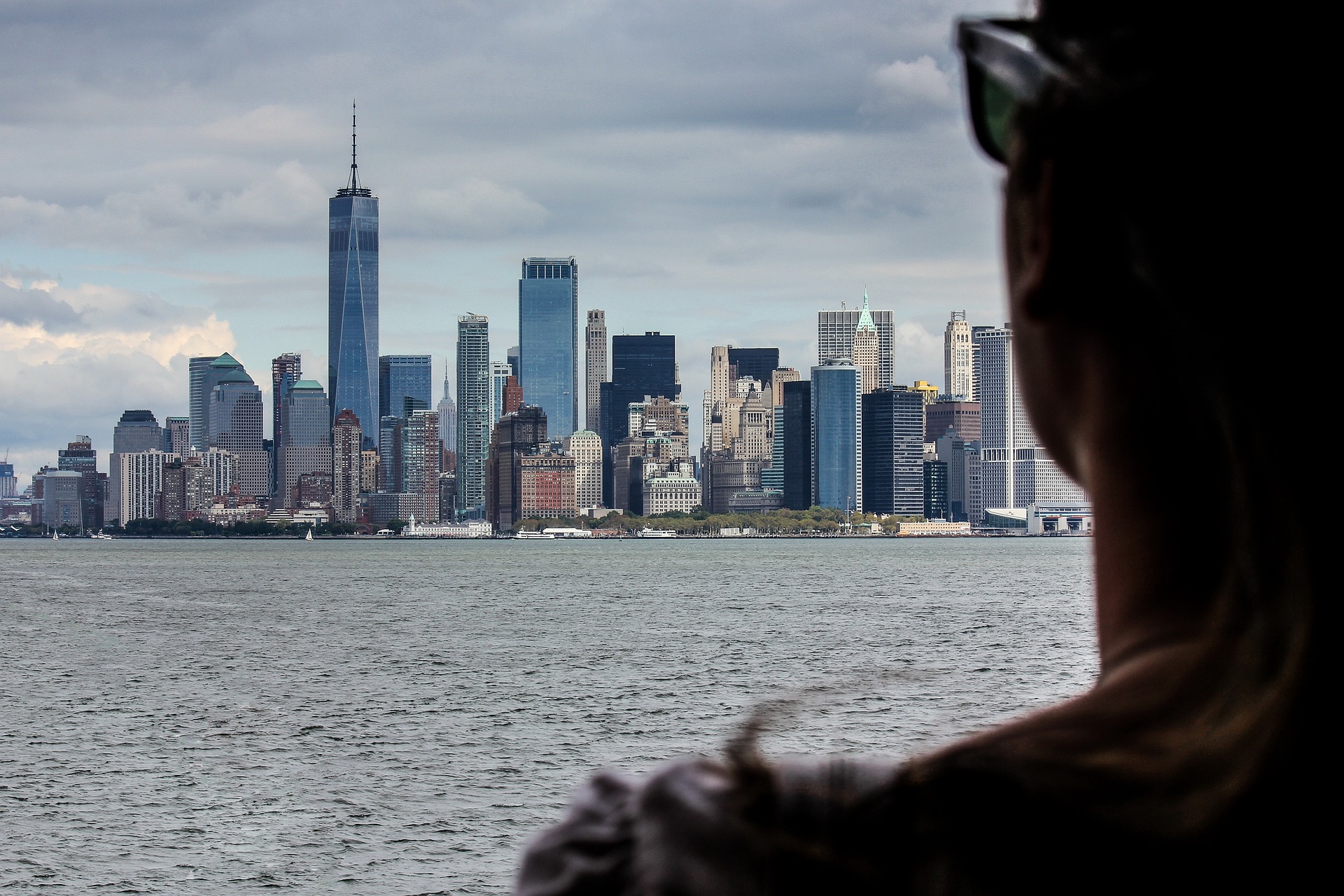Rediscovering Cityscapes: An Exploration of Urban Exploration
Urban exploration, also known as Urbex, is a unique, daring, and increasingly popular way of travel. It offers a fresh perspective on the otherwise overlooked aspects of urban life, through the examination of cityscapes, abandoned buildings, and hidden corners of metropolises worldwide. This article sheds light on the rise of urban exploration as a travel trend, its implications, and how it is reshaping our understanding of cities.

The Genesis of Urban Exploration
Urban Exploration finds its roots in the 1970s and 1980s, when adventurous individuals began exploring deserted buildings, underground tunnels, and other forgotten areas of urban environments. These pioneers, often armed with nothing more than a flashlight and a camera, sought to document and appreciate the hidden beauty and history of these neglected spaces. Their explorations revealed a different side of cities, unseen by most residents and travelers, and gave birth to a unique subculture that continues to grow today.
Urban Exploration in Today’s Travel Culture
In recent years, urban exploration has evolved into a popular travel trend, attracting those drawn by the thrill of discovery and the opportunity to experience cities from a new perspective. This trend owes its popularity to the rise of social media platforms where urban explorers share their findings, captivating audiences worldwide with their mesmerizing photos and intriguing stories from the hidden corners of cities.
The Impact of Urban Exploration
The impact of urban exploration is two-fold. On one hand, it offers travelers a unique and intimate way to interact with cities, challenging the conventional perceptions about urban environments. On the other hand, it raises awareness about the historical and architectural value of neglected urban spaces, sparking discussions about urban conservation and adaptive reuse.
The Dichotomy of Urban Exploration
While urban exploration brings a unique perspective to travel, it also poses challenges. Trespassing laws, safety risks, and ethical questions about the preservation of abandoned spaces are among the issues faced by urban explorers. Additionally, the popularity of urban exploration on social media has led to concerns about the over-commercialization and potential damage to these fragile sites.
The Future of Urban Exploration
As urban exploration continues to gain momentum, it is expected to influence the future of travel and city planning. It might lead to the development of new tourism products, such as guided urbex tours, and influence urban regeneration projects. However, it is crucial that this growth is managed responsibly, ensuring the preservation of these unique urban spaces.
Tips for Aspiring Urban Explorers
-
Always prioritize safety. Some locations may be structurally unstable or contain hazardous materials.
-
Research local laws and regulations. Trespassing is illegal in many locations.
-
Respect the locations you explore. Leave no trace and do not take anything from the site.
-
Keep the locations secret to avoid over-tourism and vandalism.
In conclusion, urban exploration provides a unique lens to experience and appreciate cities. It challenges traditional travel norms and reveals the hidden narratives of urban spaces. However, it is not without its challenges. As urban exploration continues to grow in popularity, it is essential to balance the thrill of discovery with respect for these unique spaces, ensuring their preservation for future generations. Through responsible exploration, we can continue to uncover the fascinating stories hidden within our cityscapes.




